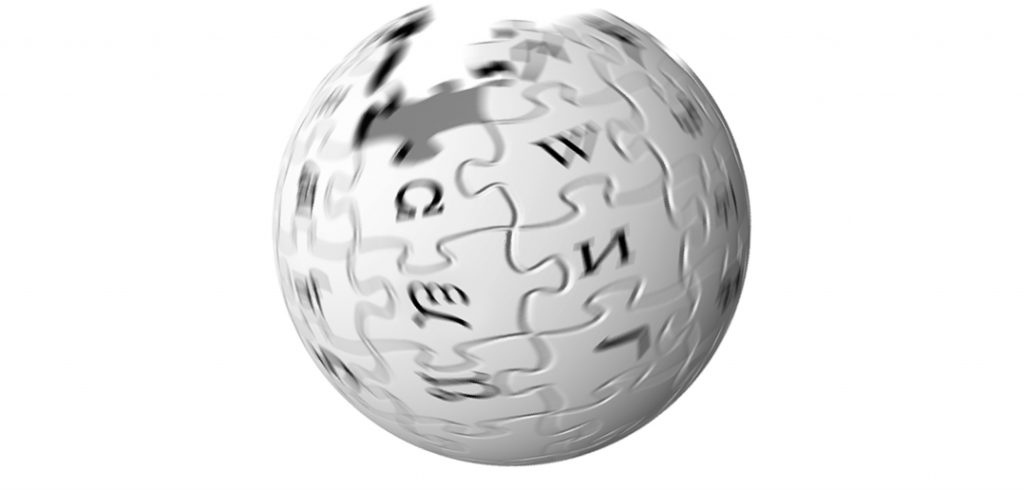Now, a group of Fordham librarians is spreading the word that Wiki is not only reliable, but continues to evolve into a high-quality source of information sharing.
Next week, the librarians will hold a Fordham-focused edit-a-thon on Wed., Nov. 2 from 12 noon to 3 p.m. The event will take place in Lab 047 at the William D. Walsh Family Library on the Rose Hill campus.
According to Wikipedia, an edit-a-thon “is an organized event where editors edit and improve a specific topic or type of content, typically including basic editing training for new editors.”
In celebration of Fordham’s Dodransbicentennial, the librarians have chosen University history as the topic. The intent is to beef up citations for existing Wikipedia articles, and to add content that may have been overlooked—such as the history of women and minorities at the University, said Shira Atkinson, who works at Quinn Library as the scholarly communications and distance learning librarian.
Another benefit of the event will be three hours of training on Wikipedia for professors, students, and staff. No prior experience is necessary. A representative from Wikimedia New York City will be on hand for the training.
Wikimedia “is a global movement whose mission is to bring free educational content to the world.” Through its various chapters, the group has held edit-a-thons on a variety of topics and for a variety of organizations. Last month an edit-a-thon focused on African-American history. In June there are edit-a-thons to build up LGBTQ history.
“At MoMA they held one that helped expose hidden resources at the museum,” said Elizabeth Karg, emerging technologies librarian at Fordham Libraries. “For a large and complex organization like Fordham, this very important. A couple of our schools don’t even have a Wikipedia article and several of our notable faculty are missing.”
Timothy Ryan Mendenhall, metadata librarian at Fordham Libraries, said that participants will start by setting up account and making their first edits. They’ll then move toward best practices and learn how to make entries that meet Wikipedia’s increasingly stringent standards.
“There’s a huge community out there that goes through the cue of articles and decides which ones are good,” said Karg. “Once it’s taken from there it’ll go on the web. After that, simple things like enriching citations make the article better.”
Mendenhall said that edits can be done by anyone with an account at any time. He added that faculty-directed class projects on the site can help build the Wiki community and improve the quality of the site.
The librarians said they understood there is a lingering reticence on the part of the research faculty to encourage students to use Wikipedia, but they insist that the site is a far cry from what it once was.
Mendenhall said that having an article on a topic, person, organization, or event in Wikipedia can greatly increase its prominence in Google search results,
“This make Wikipedia a crucial gateway for the online representation of an organization like Fordham,” he said. “But beyond the University, it’s crucial that scholars leverage Wikipedia to improve global knowledge of underrepresented topics.”
“The fact is that articles are promoted by Google, and we all use it almost every single day,” said Karg.
“Students may not want to admit they use it, but they do,” added Atkinson. “If you show them how to better use it, they’ll understand what the information limits are.”

